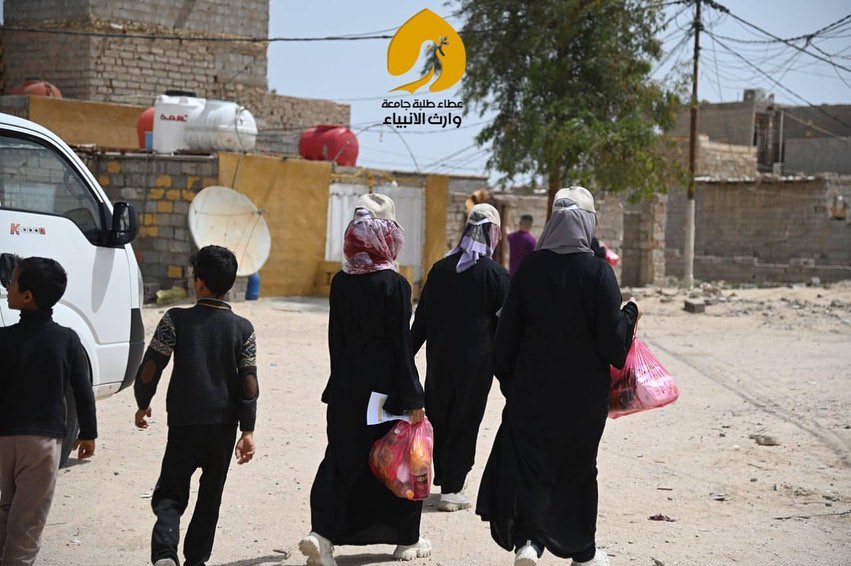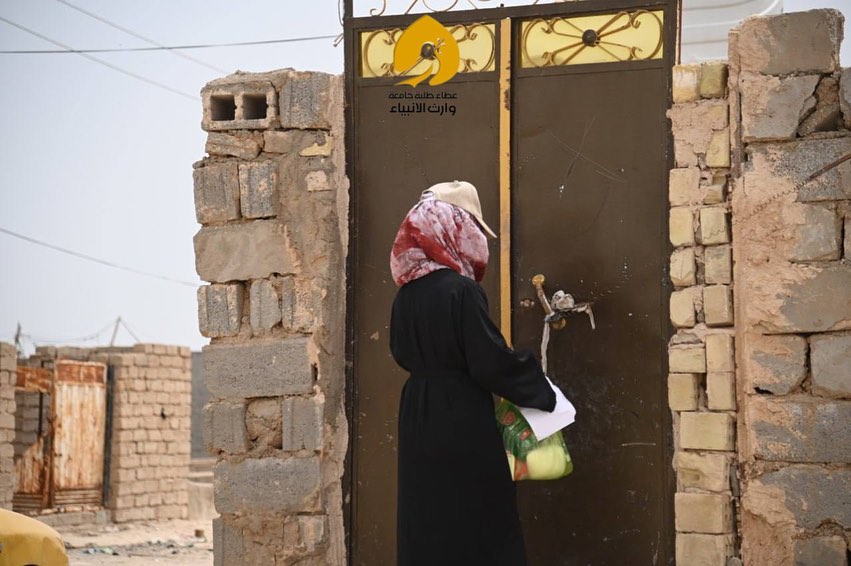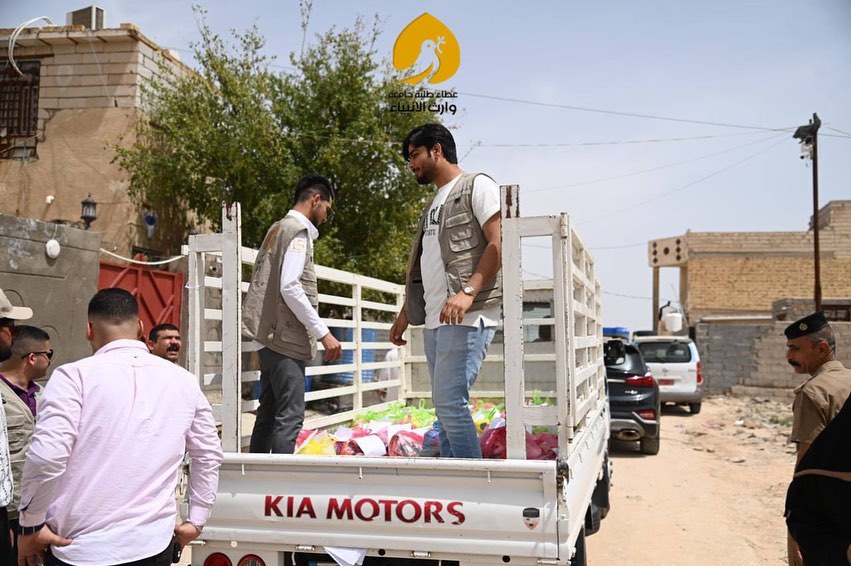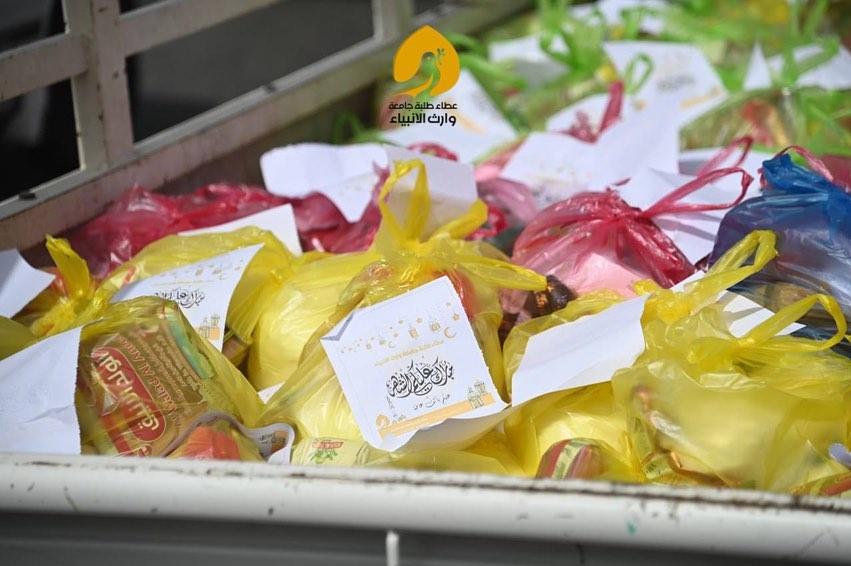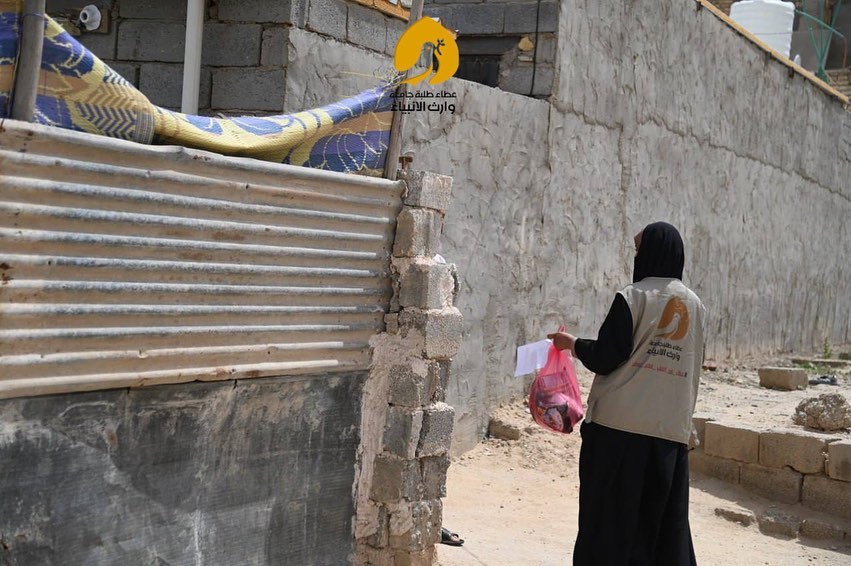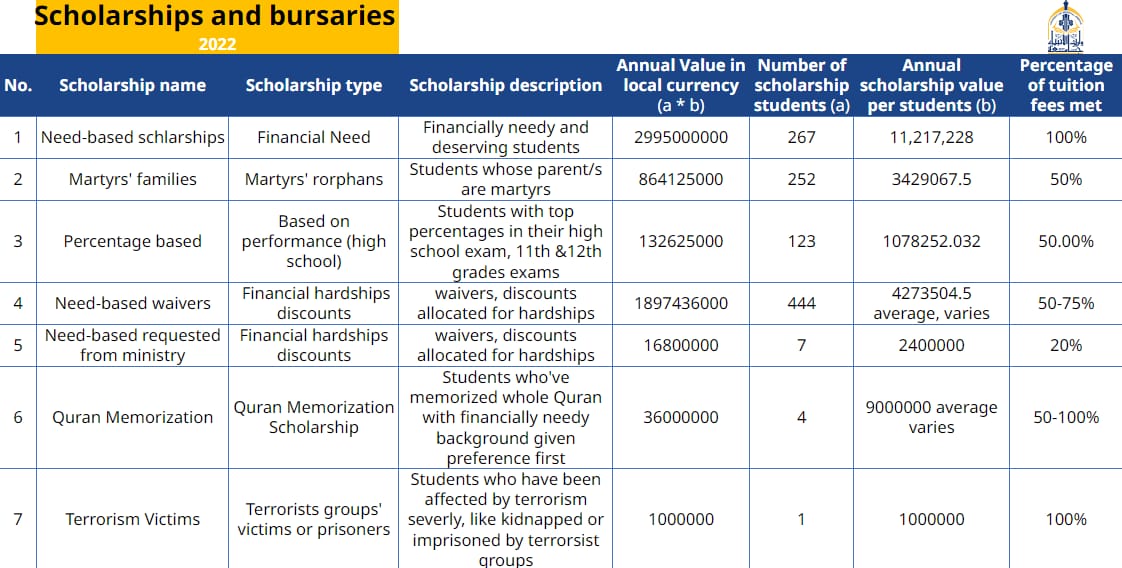● Warith Al-Anbiyaa Policy for Low-Income Student Completion
The University of Warith Al-Anbiyaa maintains a concise policy to ensure the academic success of low-income students. Since we are completely non-profit, all low-income students at the University of Warith Al-Anbiyaa are receiving financial aid in the form of scholarships and discounts that need not be paid back, so keeping a rigorous check on timely completion of studies is not just important for our finances, but also required for other deserving students.
1. Transparent Eligibility Criteria:
1.1 Clearly defined criteria for low-income grants and scholarships.
1.2 Centralized platform for confidential income proof submission.
2. Performance Oversight:
2.1 Systematic reviews for academic progress and overall performance.
2.2 Semester-end evaluations to identify and support at-risk students.
3. Early Intervention Support:
3.1 Robust system for academic counseling and tutoring services.
3.2 Workshops for enhanced study skills and time management.
4. Effective Communication:
4.1 Open channels between students, faculty, and scholarship office.
4.2 Timely notification and clear improvement steps for at-risk students.
5. Fair Appeal Process:
5.1 Transparent appeal process for students contesting grant discontinuation.
5.2 Prompt committee review of appeals.
6. Flexible Study Support:
6.1 Accommodation for valid study delay causes with proper documentation.
6.2 Streamlined process for extended study period requests.
7. Regular Student Check-ins:
7.1 Periodic assessments of overall well-being and identification of non-academic challenges.
8. Community Collaboration:
8.1 Engagement with the community to identify potential candidates.
8.2 Collaboration with local organizations for comprehensive low-income family support.
9. Alumni Mentorship Program:
9.1 Program connecting low-income students with successful graduates.
9.2 Mentorship addressing challenges akin to those faced by current students.
The University of Warith Al-Anbiyaa is committed to ensuring high completion rates among low-income students, reflecting dedication to a culture of success and inclusivity.
University Leadership Acknowledges Volunteer Team's Poverty Alleviation Initiative
A delegation led by the President of the University, Professor Dr. Ibrahim Saeed Al-Hayawi, accompanied by the Vice President for Academic Affairs, Professor Dr. Abbas Al-Daami, and key university officials including the Head of Public Relations and Media Relations Department, Dr. Mohammed Jamal Latif, the Head of Student Activities Department, Dr. Hamam Al-Khafaji, the Head of Continuing Education Department, Dr. Haider Al-Ghanimi, and the Director of the President's Office, Mr. Amar Abdul Alah, recently visited a house that had been renovated by the university's volunteer team.
During the visit, the university leadership had the opportunity to witness firsthand the remarkable transformation that had taken place in the house, thanks to the dedicated efforts of the volunteer team. They commended the team for their tireless work in renovating and furnishing the house. Furthermore, the leadership expressed their ongoing support for the volunteer team, encouraging everyone, including faculty members, staff, and students, to contribute and support their noble cause.
In response, the volunteer team members expressed their gratitude to the university for its continuous support and for embracing its members. The visit underscored the university's commitment to addressing poverty and its recognition of the significant role played by the volunteer team in this endeavor. By supporting initiatives like these, the university actively contributes to the realization of SDG 1 (No Poverty) while fostering a culture of volunteerism and social responsibility among its community.
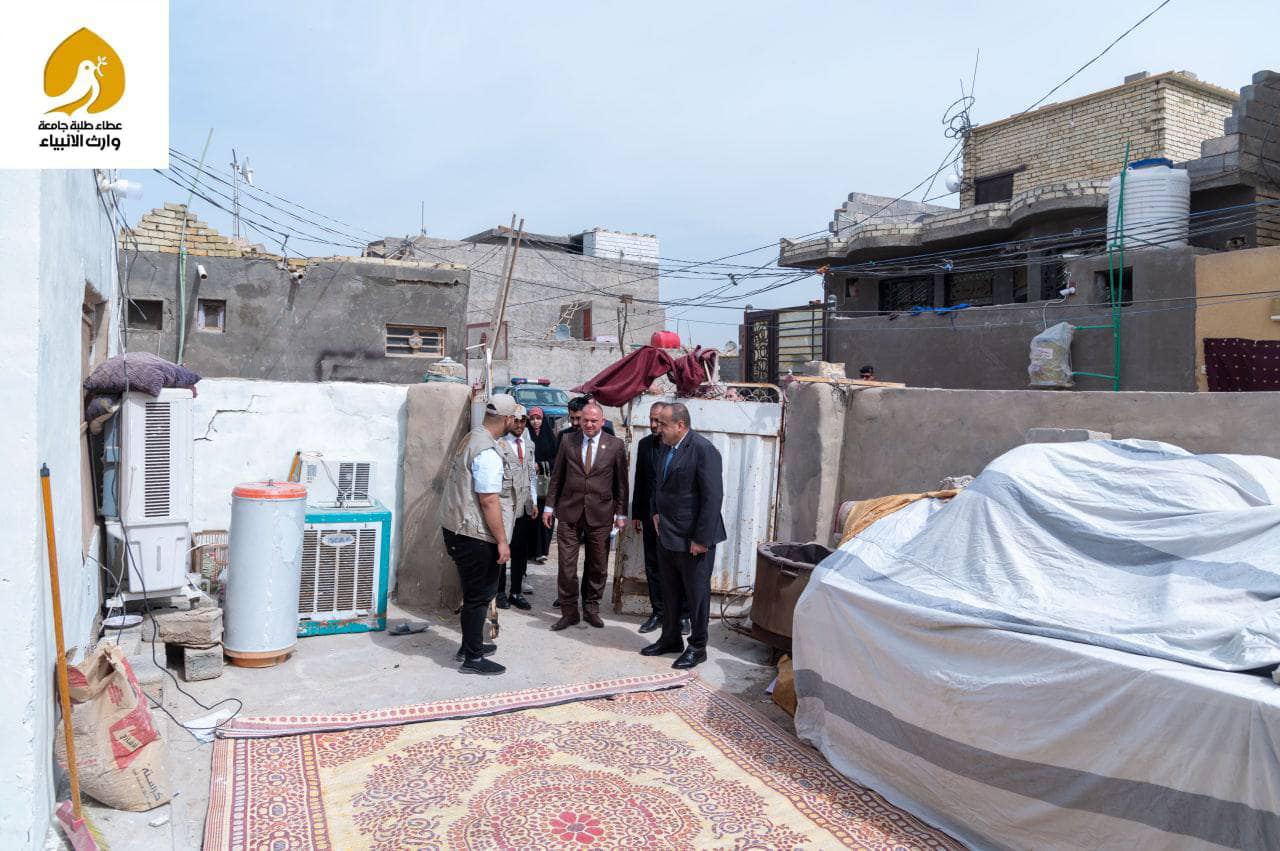
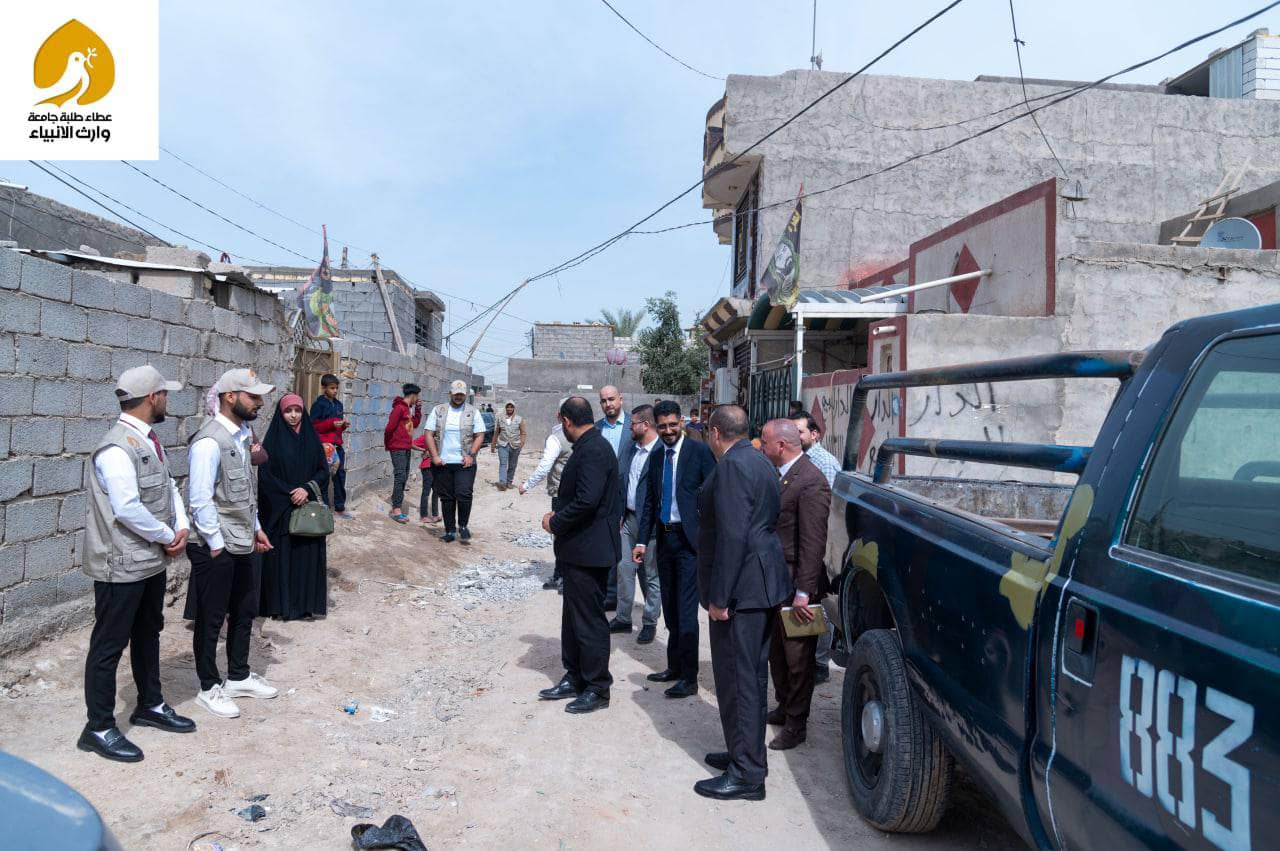
Student Philanthropy Team from the University of Warith Al-Anbiyaa Brings Hope to Pediatric Cancer Center (Charity organization)
As part of their charitable activities under the banner of "A Dose of Hope," the volunteer team from our university paid a visit to pediatric cancer centers. The visit included the Cancer Center at the International Foundation for Cancer Treatment, specifically the Children's Department, and the Charity Cancer Center at the Imam Hussein (peace be upon him) Medical City. The aim was to provide moral support to children battling this illness.
During the visit, the team presented gifts, essential supplies, and spent quality time playing with the children. Their presence brought joy and happiness to the young patients, bolstering their determination to overcome this challenging phase and recover from the illness.
This philanthropic endeavor, driven by the Student Philanthropy Team, reflects the university's commitment to SDG 1 (No Poverty). By supporting children and families affected by cancer, they strive to alleviate some of the economic burdens associated with medical treatment while spreading hope and resilience in their hearts. This compassionate initiative contributes not only to poverty alleviation but also to the emotional well-being of these young warriors and their families.
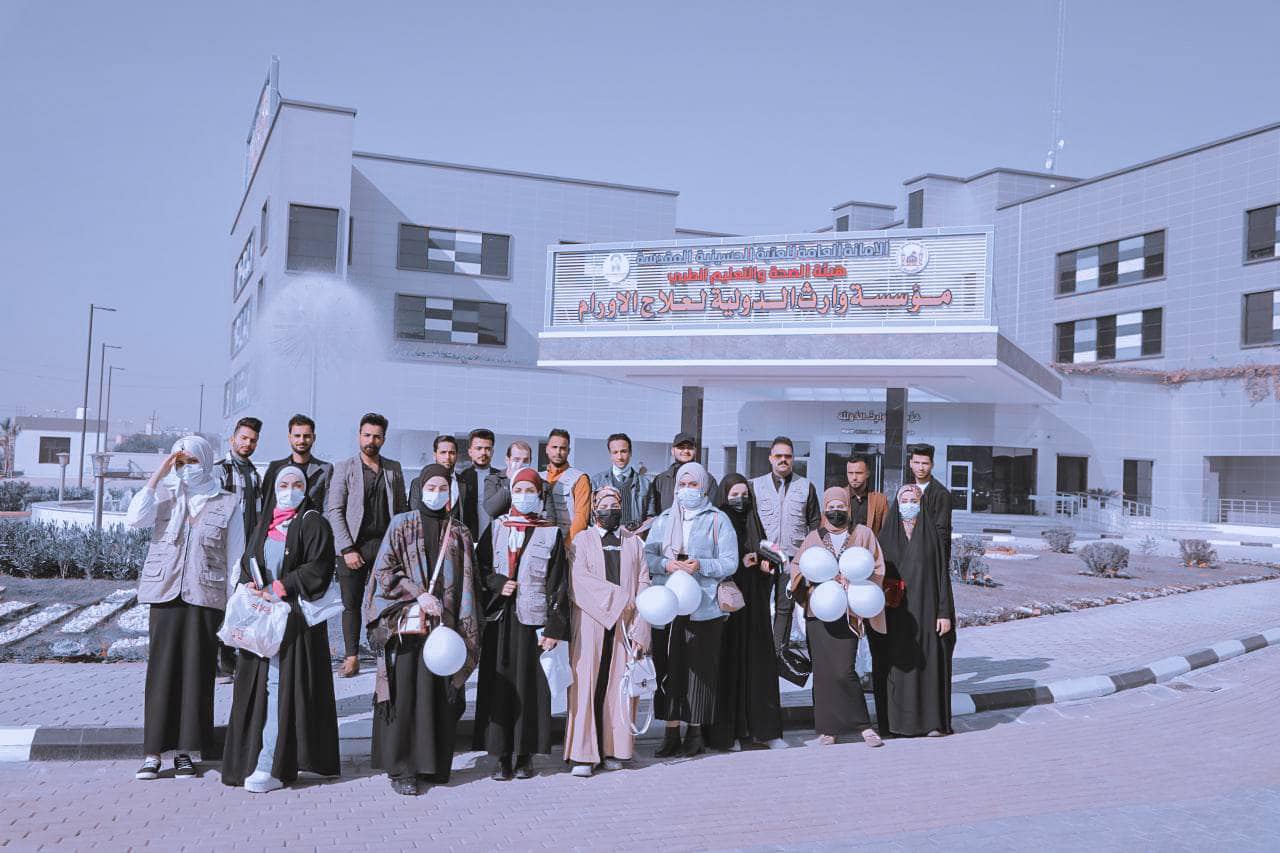
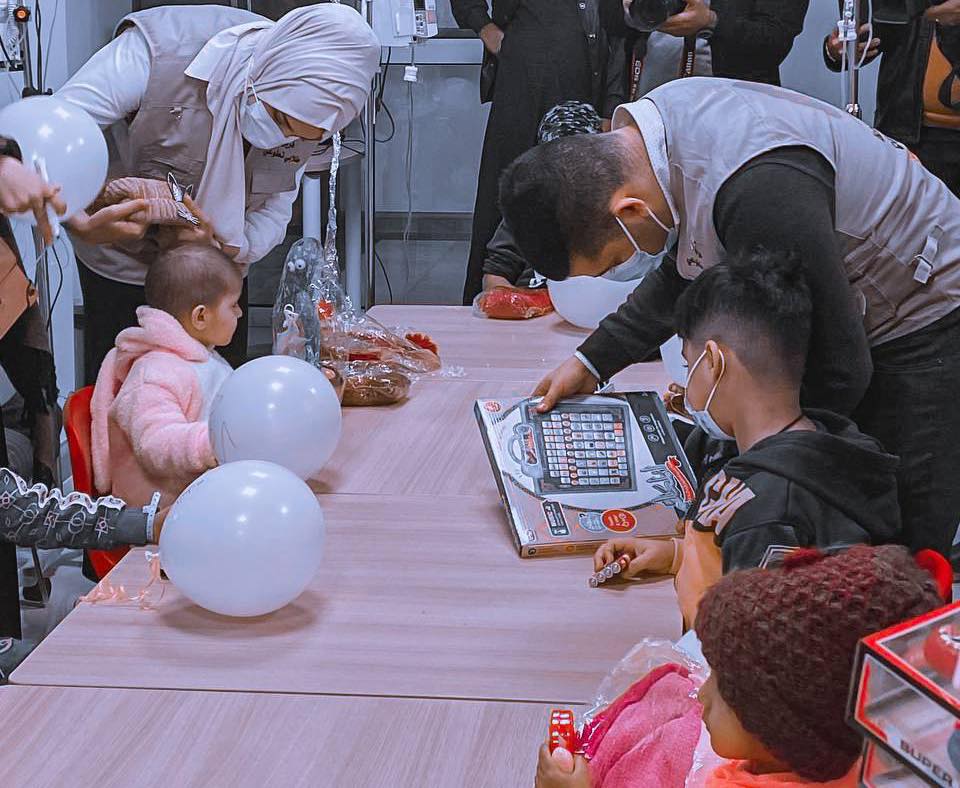
Sustainable Humanitarian Impact: University of Warith Al-Anbiyaa's Student Volunteer Team Distributes Over 150 Food Packets in Slum Communities
In a profound demonstration of sustainable humanitarian efforts, the Student Volunteer Team from the University of Warith Al-Anbiyaa is making significant strides in addressing poverty and hunger. For the fifth consecutive year, they have undertaken the compassionate mission of distributing over 150 sustainably sourced food packets to families residing in marginalized slum communities.
1. SDG 1 - No Poverty: By strategically targeting slum areas, the volunteer team's initiative directly addresses SDG 1. These thoughtfully assembled food packets offer immediate relief to economically vulnerable families, contributing to a reduction in poverty levels within these communities.
2. SDG 2 - Zero Hunger: The distribution of sustainably sourced food packets aligns perfectly with SDG 2, ensuring that families facing food insecurity gain access to nutritious meals. This sustainable approach to tackling hunger emphasizes the importance of long-term solutions.
This initiative exemplifies the University of Warith Al-Anbiyaa's commitment to sustainable development. Beyond providing immediate aid, it paves the way for lasting positive change in the lives of those living in slum areas. Through their compassionate actions, the student volunteers not only combat poverty and hunger but also champion sustainability, fostering a brighter and more secure future for vulnerable communities.
